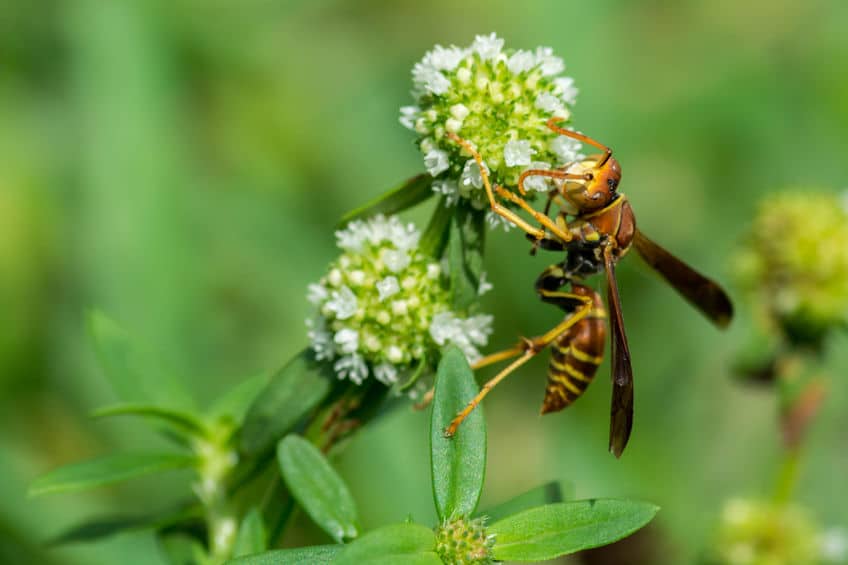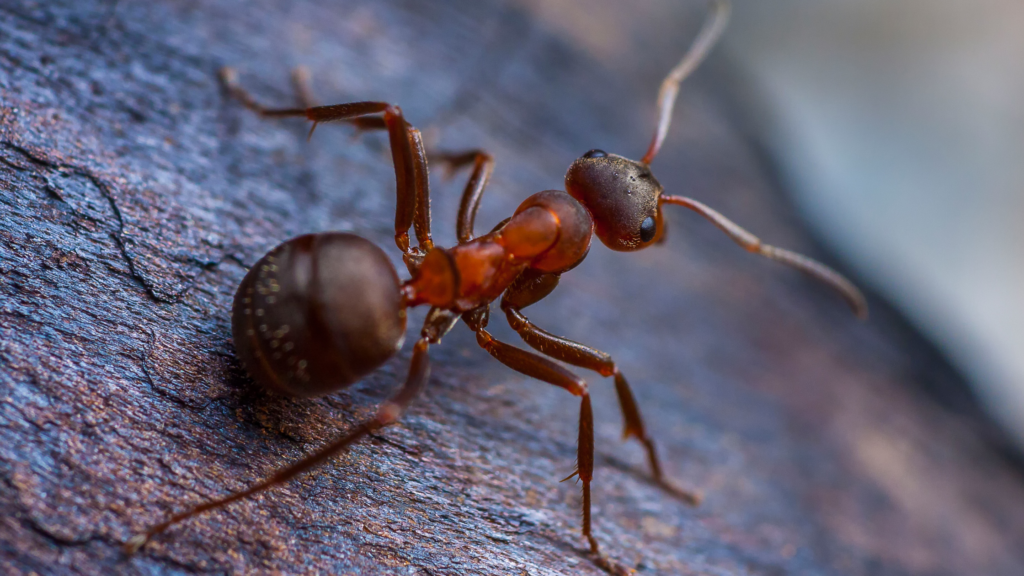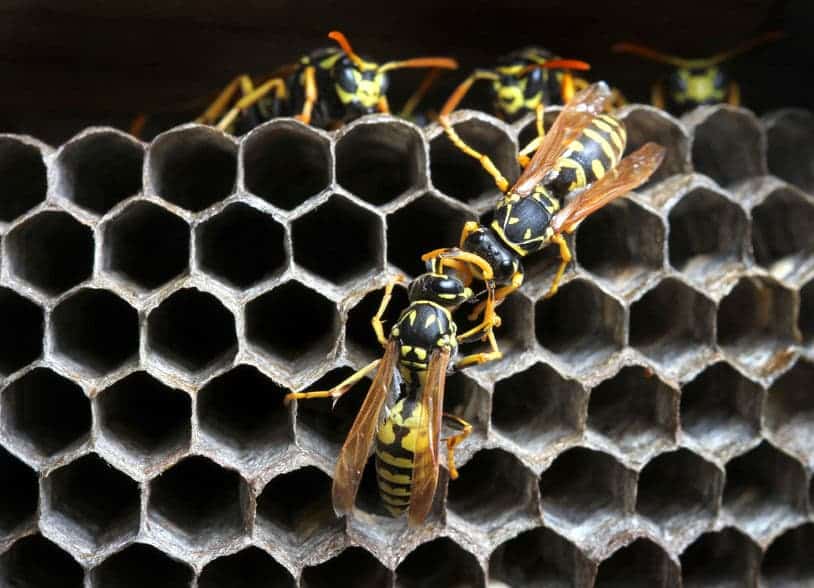
The kids may be back in school, but there’s still plenty of warm weather left and outdoor fun to have. That means you can’t let down your guard on stinging insects such as yellowjackets, wasps, and hornets. Statistics show that emergency rooms around the country treat more than 500,000 people a year for insect stings, which can be life-threatening for people who have specific allergies. Contact Turner Pest Control now if you have stinging insect colonies near your home.
Tips for protecting yourself from stinging insects.
Stinging insects are most active in summer and early fall as they look for food and continue to build nests, so stay vigilant while outdoor temperatures stay high. You can also take steps to help keep them away from your yard. The National Pest Management Association (NPMA) offers advice below on PestWorld.org on regularly inspecting your property for hives and nests.
- Check for potential entry points into your home and seal any visible cracks and crevices.
- Wasps are drawn to trash: Keep tight-fitting lids on trash cans and avoiding choosing a picnic or play area that’s close to trash receptacles.
- For extended outdoor activities, don’t wear cologne, perfume or other scented products, such as shampoos, conditioners, soaps, and deodorants. Yellowjackets and other stinging insects may be attracted by the fragrance.
- Avoid drinking out of opaque containers such as aluminum cans, since stinging insects can sneak in. A clear, open container is best.
- Stinging insects, particularly hornets, can nest on the ground, so wear close-toed shoes when standing or walking in grassy areas.
The National Institute for Occupational Safety, part of the Centers for Disease Control and Prevention, provides these additional tips for protecting yourself from stinging insects:
- Wear clean, light-colored clothing that covers as much of the body as possible.
- Avoid flowering plants if possible.
- If you have fruit trees in your yard, pick fruit as it ripens and don’t leave rotting fruit on the ground.
- Be careful when uncovering lawn furniture or grills, since hornets and wasps prefer to make their nests in dark, quiet places.
- If you have a history of severe allergic reactions to insect stings or bites, carry an epinephrine autoinjector with you outdoors.
- If a single stinging insect is flying around you, try to stay still and remain calm. Swatting at it may cause it to sting you in defense.
What to know about stinging insects in our area.
According to the University of Florida, there are three common types of Florida yellowjackets:
- The Eastern Yellowjacket
- The Southern Yellowjacket
- The Baldfaced Hornet
The baldfaced hornet is actually closely related enough to be referred to as a yellowjacket. The term “hornet” is generally used to describe the species that nest above the ground and “yellowjacket” for those with subterranean nests. All types of hornets and yellowjackets are social, so they may live in large colonies with hundreds or even thousands of individuals.
Wasps in our area are paper wasps, which will nest underneath eaves, in sheds and garages, and even on a door frame or windowsill. This proximity to our homes means we may encounter wasps more frequently than other types of stinging insects. Contrary to popular belief, wasps are considered beneficial insects, since they help control other types of unwanted pests, but their ability to sting means it’s important to keep them away from your home and family.
Need to get rid of stinging insects? Schedule an appointment today.
Our comprehensive range of pest control services includes expert extermination of stinging insects such as wasps, hornets, and yellowjackets. To schedule an appointment, contact us online or call 904-355-5300.



